
Jan De Bruyne (Leiden University), “Liability for Damage Involving AI – Some Regulatory Challenges and Priorities”
More details to follow. Photo by DeepMind on Unsplash This talk will take place in person at SCIoI.

More details to follow. Photo by DeepMind on Unsplash This talk will take place in person at SCIoI.
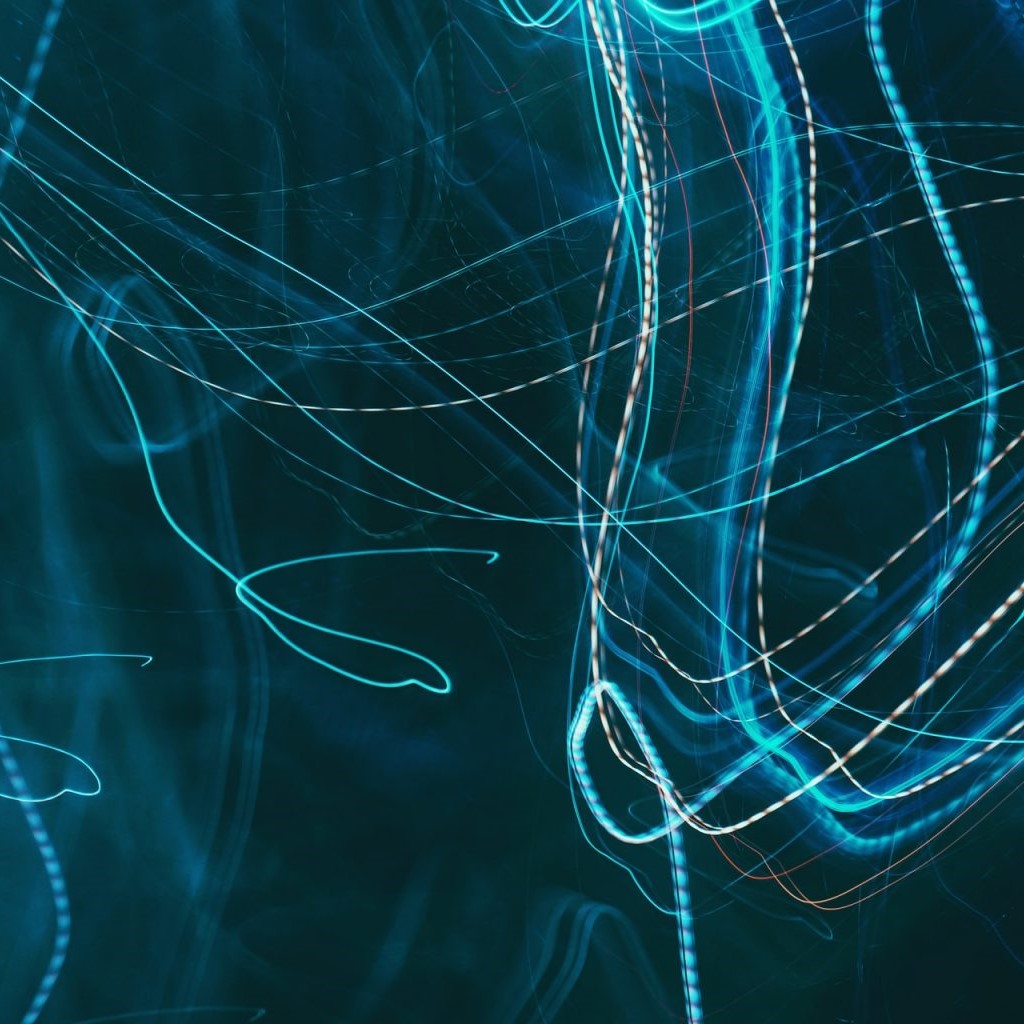
Abstract: As many of us know by now, Deep Learning has enabled tackling very challenging problems and applications that were previously almost impossible to solve with machine learning. However, for
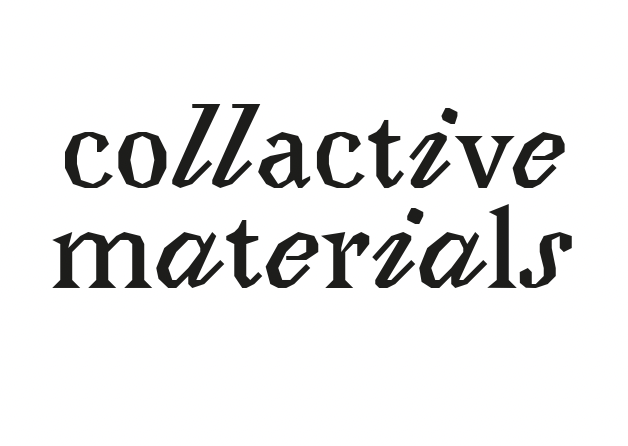
Abstract: The BUA-funded experimental knowledge transfer project CollActive Materials, a collaboration between the Clusters of Excellence Science of Intelligence and Matters of Activity, encourages speculation on what the future has
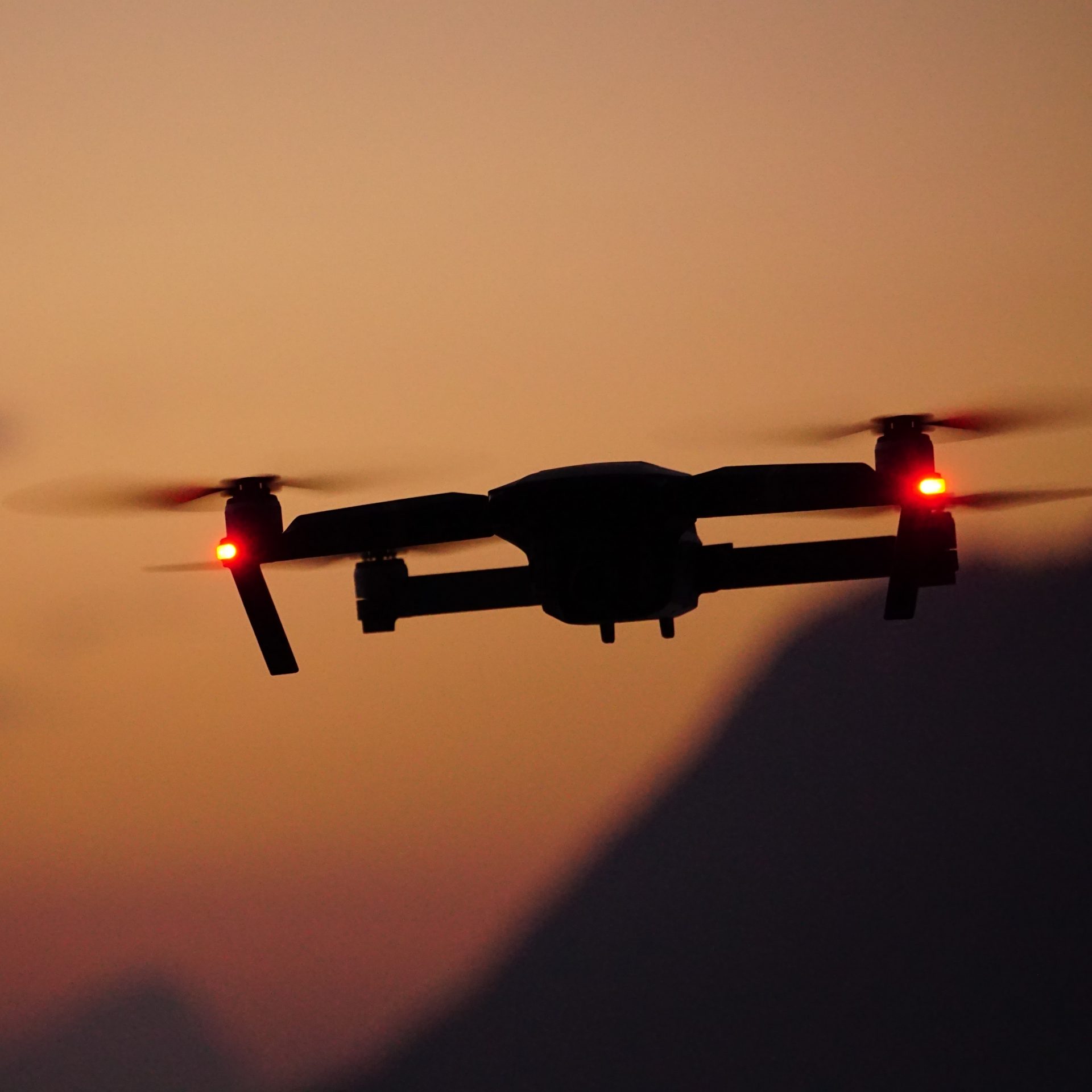
Abstract: The contents of this presentation will be twofold. In the first part the Centre for Robotics of the Queensland University of Technology (QUT) and its research directions and facilities

Abstract: The aim of SCIoI’s P10 is to investigate how anticipation and prediction shapes social interactions among live and artificial agents using for example the Robofish system. We will outline

Abstract: Lack of data and annotations has been the showstopper for machine learning projects when I started my PhD and 15 years later it still is. In my talk, I

Abstract: A central challenge in understanding the concept of swarm intelligence is the relation between the behavior of a swarm of agents and its ecological niche. In order to interpret

Abstract: In groups of agents learning how to solve a common task, interaction and knowledge transfer between agents is important and can vary depending on network topology. Heterogeneity is one

Abstract: Swarm robotics is a promising approach to the coordination of large groups of robots. Traditionally, the design of collective behaviors for robot swarms has been an iterative manual process:
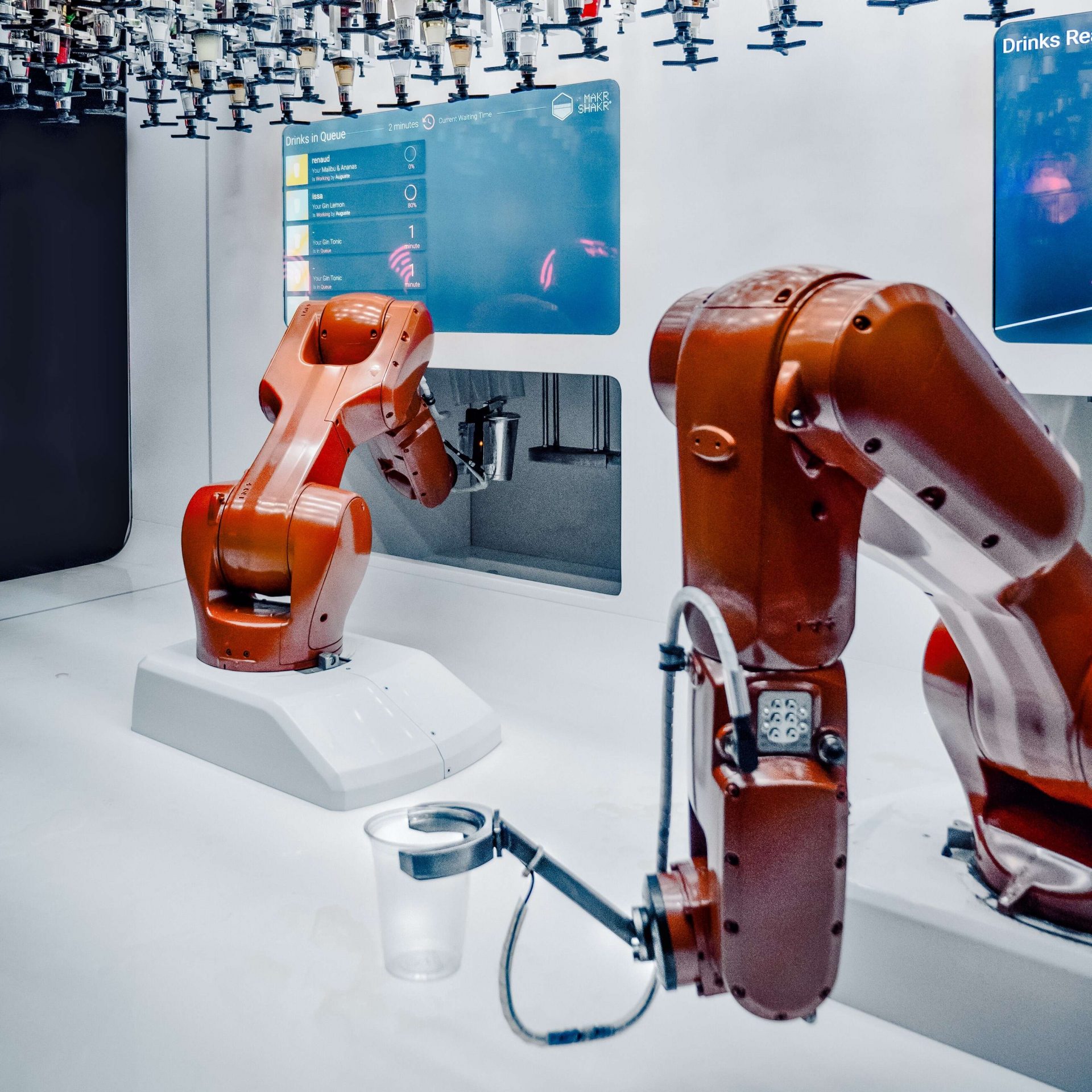
Abstract: From writing essays to evaluating potential hires, machines are doing a lot these days. In all spheres of life, it seems that machines are being delegated more and more
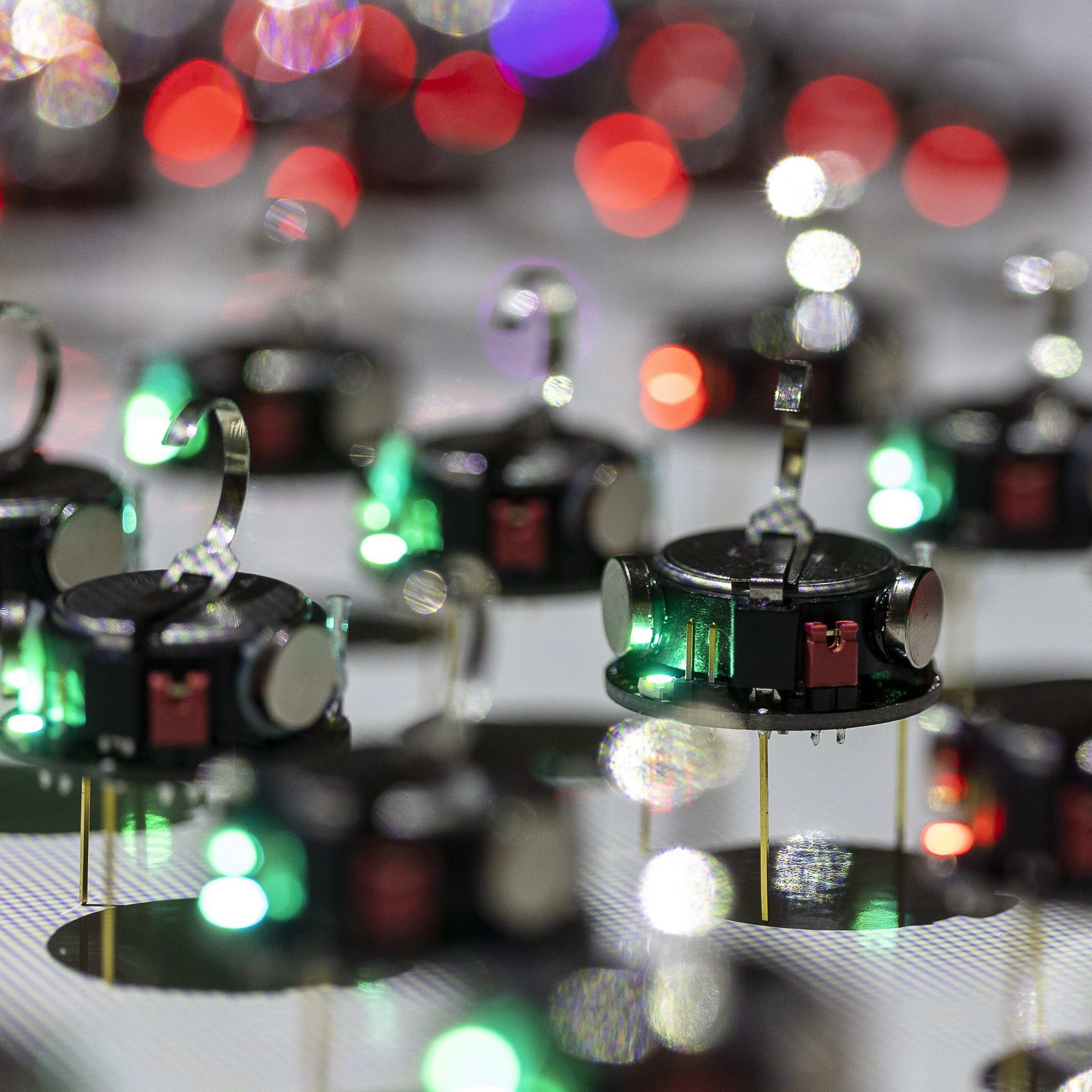
Abstract: I investigate how large groups of simple robots can reach a consensus with decentralized minimalistic algorithms. Simple robots can be useful in nanorobotics and in scenarios with low-cost requirements.

Abstract: Biological intelligent systems manifest their intelligence in physical interactions with other agents and with their environment. Such interactions require embodiment. Intelligence, both artificial and biological, also requires some kind